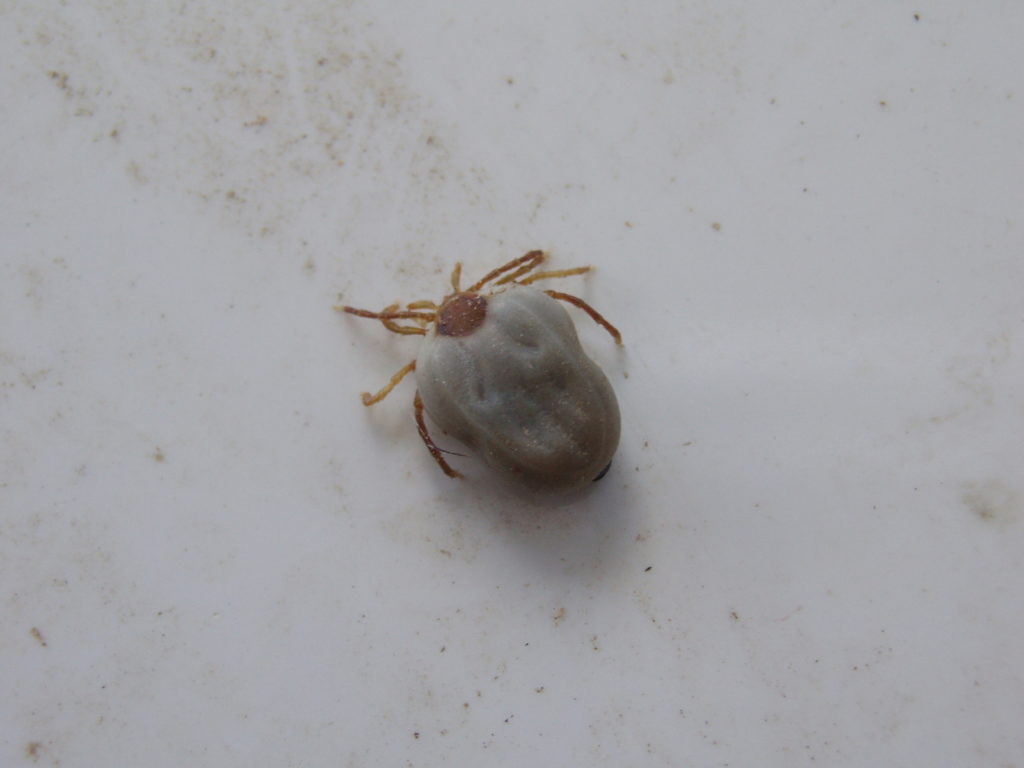Featured
Hope for people with motor neurone disease
People living with debilitating cases of motor neuron disease have been given revived hope following a “huge breakthrough” in treatment options by Australian researchers. A drug being hailed “ground breaking” was shown to slow the progression of the disease after being tested on 32 patients in Melbourne and Sydney. Professor Ashley Bush, chief scientific officer…
Read MoreEmployees encouraged to talk about their mental health with their boss
Advice to employees starting a new job commonly includes things like leaving details about their personal life at the door before starting each work day and keeping things professional. As mental health awareness improves across Australia however, employees are being encouraged to be more open about ways their emotions may be affecting their work. A…
Read MoreNewly discovered molecule could hold the key to skin therapies for people with psoriasis
A protein could hold the answer to helpful therapies for skin problems such as psoriasis, a chronic skin disease affecting more than 100 million people globally. The protein is a fragment of a bigger molecule, JARID2, which researchers previously believed only existed in the developing embryo where its role is to coordinate the formation of…
Read MoreGenetics could impact on the body’s immune response to viral infections
New research has emerged suggesting genetic factors may affect the body’s immune system. Environmental factors have historically been regarded more important than genes in a healthy immune system, according to Associate Professor John Miles of the Australian Institute of Tropical Health and Medicine at James Cook University, Cairns. “[Scientists thought] it didn’t matter so much…
Read MoreFederal funding to get to the bottom of tick bites
A step in the right direction for those living with debilitating conditions linked to tick bites, after the Federal Government announced this week the first major funding injection into investigating the often-unusual cluster of symptoms associated with tick bites, including fatigue, arthritis, chronic pain, neurological and cardiac problems, and psychological illness. A total of three…
Read More




